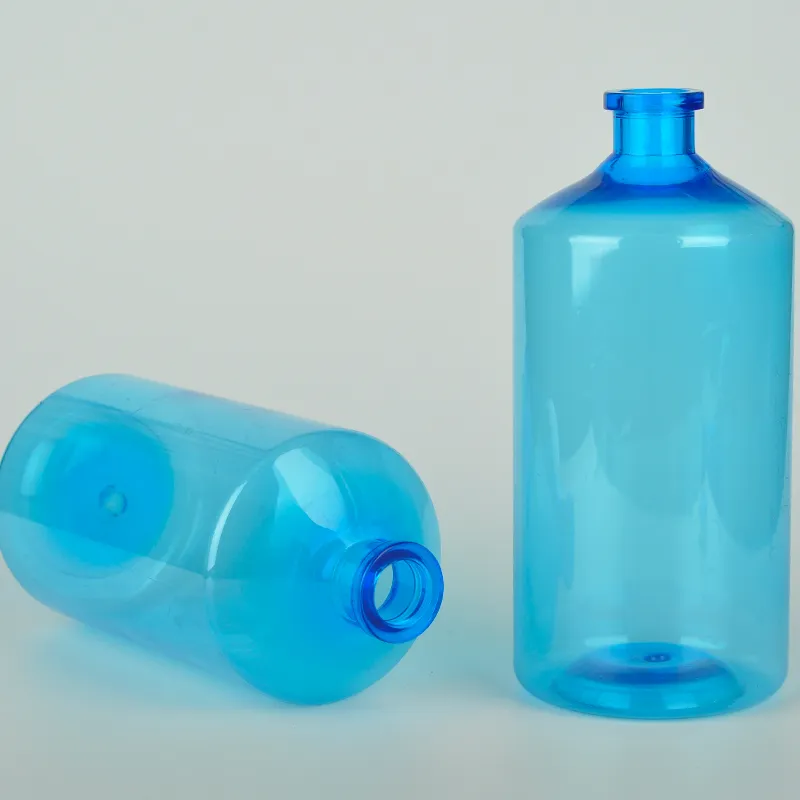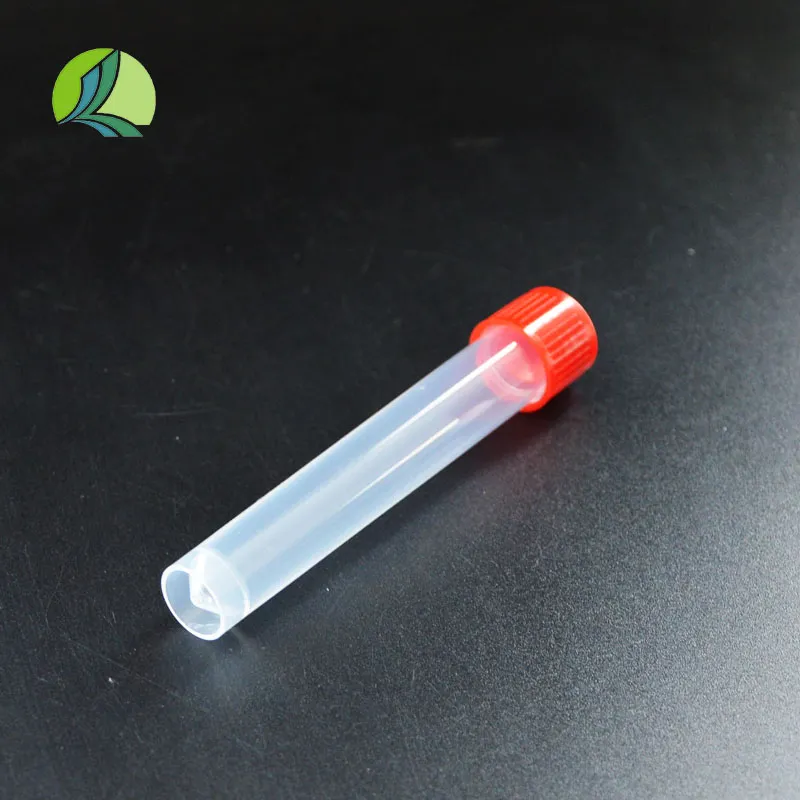
-
 Afrikaans
Afrikaans -
 Albanian
Albanian -
 Amharic
Amharic -
 Arabic
Arabic -
 Armenian
Armenian -
 Azerbaijani
Azerbaijani -
 Basque
Basque -
 Belarusian
Belarusian -
 Bengali
Bengali -
 Bosnian
Bosnian -
 Bulgarian
Bulgarian -
 Catalan
Catalan -
 Cebuano
Cebuano -
 Corsican
Corsican -
 Croatian
Croatian -
 Czech
Czech -
 Danish
Danish -
 Dutch
Dutch -
 English
English -
 Esperanto
Esperanto -
 Estonian
Estonian -
 Finnish
Finnish -
 French
French -
 Frisian
Frisian -
 Galician
Galician -
 Georgian
Georgian -
 German
German -
 Greek
Greek -
 Gujarati
Gujarati -
 Haitian Creole
Haitian Creole -
 hausa
hausa -
 hawaiian
hawaiian -
 Hebrew
Hebrew -
 Hindi
Hindi -
 Miao
Miao -
 Hungarian
Hungarian -
 Icelandic
Icelandic -
 igbo
igbo -
 Indonesian
Indonesian -
 irish
irish -
 Italian
Italian -
 Japanese
Japanese -
 Javanese
Javanese -
 Kannada
Kannada -
 kazakh
kazakh -
 Khmer
Khmer -
 Rwandese
Rwandese -
 Korean
Korean -
 Kurdish
Kurdish -
 Kyrgyz
Kyrgyz -
 Lao
Lao -
 Latin
Latin -
 Latvian
Latvian -
 Lithuanian
Lithuanian -
 Luxembourgish
Luxembourgish -
 Macedonian
Macedonian -
 Malgashi
Malgashi -
 Malay
Malay -
 Malayalam
Malayalam -
 Maltese
Maltese -
 Maori
Maori -
 Marathi
Marathi -
 Mongolian
Mongolian -
 Myanmar
Myanmar -
 Nepali
Nepali -
 Norwegian
Norwegian -
 Norwegian
Norwegian -
 Occitan
Occitan -
 Pashto
Pashto -
 Persian
Persian -
 Polish
Polish -
 Portuguese
Portuguese -
 Punjabi
Punjabi -
 Romanian
Romanian -
 Russian
Russian -
 Samoan
Samoan -
 Scottish Gaelic
Scottish Gaelic -
 Serbian
Serbian -
 Sesotho
Sesotho -
 Shona
Shona -
 Sindhi
Sindhi -
 Sinhala
Sinhala -
 Slovak
Slovak -
 Slovenian
Slovenian -
 Somali
Somali -
 Spanish
Spanish -
 Sundanese
Sundanese -
 Swahili
Swahili -
 Swedish
Swedish -
 Tagalog
Tagalog -
 Tajik
Tajik -
 Tamil
Tamil -
 Tatar
Tatar -
 Telugu
Telugu -
 Thai
Thai -
 Turkish
Turkish -
 Turkmen
Turkmen -
 Ukrainian
Ukrainian -
 Urdu
Urdu -
 Uighur
Uighur -
 Uzbek
Uzbek -
 Vietnamese
Vietnamese -
 Welsh
Welsh -
 Bantu
Bantu -
 Yiddish
Yiddish -
 Yoruba
Yoruba -
 Zulu
Zulu
Premium Metal Dropper Bottle for Precise Dispensing 250ml & 1ml Options Available
- Introduction to the Growing Demand for Metal Dropper Bottle
- Key Technical Features and Material Advantages
- Comparison of Metal and Plastic Dropper Bottles
- Top Manufacturers and Vendor Evaluation
- Customization Options for Metal Dropper Bottle
- Industry Applications and Use Cases
- Conclusion: Why Metal Dropper Bottle Leads the Market

(metal dropper bottle)
Introduction to the Growing Demand for Metal Dropper Bottle
In recent years, the packaging industry has experienced a significant surge in the adoption of innovative dispensing solutions, prominently featuring the metal dropper bottle
. As global projections indicate an annual growth rate of 6.5% in the primary packaging sector, professionals across pharmaceuticals, cosmetics, and essential oils increasingly opt for reliable dispensing and sophisticated design. Concerns about contamination, durability, and leak prevention have led to a shift from traditional glass and plastics towards advanced metal dropper bottles. The 250ml dropper bottle has emerged as a versatile choice for both premium brands and volume-focused manufacturers, while the 1 ml plastic dropper bottle is still popular for cost-sensitive samples and single-use applications. This guide examines the technical, functional, and market aspects driving this change—and why brands are making the switch.
Technical Features and Material Advantages
Manufacturing techniques and substrate composition are central to the superior performance of a metal dropper bottle. Constructed commonly from anodized aluminum or food-grade stainless steel, these bottles offer corrosion resistance, ensuring product integrity even with aggressive liquids or volatile oils. Data from ASTM corrosion tests show that stainless steel bottles maintain zero visible corrosion up to 1,000 hours in a salt spray chamber, a metric only partially matched by specialized plastics. Metal bottles are typically lined with inert, BPA-free coatings to prevent leaching, adhere to FDA and EU food safety norms, and deliver consistent dosages via precise dropper pipettes. The dropper assemblies, often made from medical-grade silicone or TPE, guarantee a tight seal when paired with CNC-shaped metal threads and stoppers. User feedback highlights the increased tactile satisfaction and control when dispensing from metal versus polymer-based droppers.
Comparison of Metal and Plastic Dropper Bottles
Market analysis reveals that both the 250ml dropper bottle (metal) and the 1 ml plastic dropper bottle offer unique strengths. The following comparative table illustrates essential criteria such as material safety, shelf life, dispensing accuracy, and perceived value:
| Feature | Metal Dropper Bottle (250ml) | Plastic Dropper Bottle (1ml) |
|---|---|---|
| Material Composition | Anodized Aluminum/Stainless Steel | Polyethylene (PE)/Polypropylene (PP) |
| Durability (Measured Life Cycle) | > 20,000 drop cycles | < 5,000 drop cycles |
| Chemical Resistance | Excellent (suitable for acids, oils) | Moderate (not for strong solvents) |
| Environmental Impact | Recyclable, reusable, low microplastics | Limited recyclability, higher microplastics |
| Dispensing Accuracy (μL/Drop) | ±3 μL | ±10 μL |
| Cost (Market Average, USD/unit) | $1.40 - $2.80 | $0.13 - $0.25 |
| Shelf Life (filled, sealed) | Up to 4 years | 6-12 months |
These figures highlight the elevated technical, safety, and environmental profile of metal dropper bottles, especially for brands with strict quality and sustainability mandates.
Top Manufacturers and Vendor Evaluation
The global market for dropper bottles boasts several leading manufacturers, each offering unique portfolios and service capabilities. Notably, companies like AptarGroup, Virospack, Quadpack, and Comar dominate with advanced tooling, ultra-hygienic cleanroom assembly, and robust supply chains. European producers excel in metallurgical quality and precision, while Asian vendors often lead in tooling versatility and rapid prototyping. North American suppliers prioritize regulatory compliance, traceability, and integrated fulfillment. When evaluating suppliers, essential criteria include minimum order quantity (MOQs), lead times (often 4–8 weeks for customized metal bottles), audit trails, and end-to-end quality validation. Industry insiders recommend scrutinizing third-party certifications such as ISO 15378 and cGMP for any chosen source.
Customization Options for Metal Dropper Bottle
Many brands require bespoke solutions in design, material finish, and closure functionality for their metal dropper bottles. Customization begins with container capacity: while 250ml dropper bottle versions are standard for bulk product lines, bespoke sizes ranging from 10ml to 500ml are readily available. Surface finishing options include matte anodizing (wide color palette), laser engraving for logos or batch codes, and UV-resistant lacquers. Dropper pipettes can be tailored in length and volume, with the tip diameter adjusted to vary drop size between 20–60 μL. Anti-tamper seals, child-resistant closures, and vacuum-induction sealing are increasingly popular upgrades, especially for high-purity pharmaceuticals and CBD oils. Brands benefit from working closely with engineers to optimize bottle-to-dropper fit and create distinct shelf presence, ensuring both functional and aesthetic superiority.
Industry Applications and Use Cases
Metal dropper bottles play a pivotal role in sectors where precision dispensing, product safety, and brand perception are non-negotiable. In pharmaceuticals, these bottles store light-sensitive formulations, vaccines, and ophthalmic solutions, requiring near-sterile barrier protection and accurate single-dose delivery. Cosmetic brands leverage the tactile heft of premium metal to convey exclusivity in serums and essential oil lines, often citing an increase in perceived product value—up to 15% in comparative blinded consumer studies. Laboratory environments favor metal versions for their chemical inertness, resistance to cross-contamination, and ease of autoclaving. Additionally, high-end culinary brands utilize these bottles for concentrated flavorings and edible oils, benefiting from pour control and elevated brand positioning. From on-the-go aromatherapy blends to precision chemical agents, the case for upgrading to metal is roundly supported by user data and performance metrics.
Conclusion: Why Metal Dropper Bottle Leads the Market
In cumulative review, the metal dropper bottle’s combination of technical excellence, custom engineering, and sustainability credentials mark it as the gold standard in the dispensing container market. Its lead is underscored by statistical increases in product shelf life, consumer confidence, and reduced waste streams—qualities critical to progressive brands and industries. With continued innovation, such as antimicrobial coatings and recyclable multi-component designs, the future of the 250ml dropper bottle and its kin is positioned toward even greater ecological and commercial impact. Whether for pharmaceutical exactitude, upscale cosmetic formulations, or premium culinary solutions, the reliability and versatility of the metal dropper bottle stand firmly as the industry benchmark for quality and performance.

(metal dropper bottle)
FAQS on metal dropper bottle
Q: What is a metal dropper bottle used for?
A: Metal dropper bottles are commonly used to store and dispense essential oils, serums, and pharmaceuticals. Their sturdy material prevents sunlight exposure and contamination. They're ideal for sensitive liquids.Q: What are the advantages of a 250ml dropper bottle?
A: A 250ml dropper bottle holds a larger volume, reducing the need for frequent refills. It's suitable for bulk storage of oils, tinctures, or laboratory liquids. Its dropper design ensures precise dispensing.Q: Can I reuse a 1 ml plastic dropper bottle?
A: Yes, 1 ml plastic dropper bottles can be reused after thorough cleaning. They are convenient for sampling and small doses. Always sterilize before refilling.Q: Are metal dropper bottles better than plastic ones?
A: Metal dropper bottles offer superior protection from light and contaminants. They are more durable and eco-friendly compared to plastic varieties. Choose metal for longevity or sensitive contents.Q: Is a 250ml dropper bottle suitable for travel?
A: Generally, a 250ml dropper bottle may be too large for hand luggage limits on airplanes. For travel, smaller bottles like 1 ml or 30 ml options are recommended. Always check airline regulations before packing liquids.-
20 ml Headspace Vials - High Quality Polyethylene & Plastic Vials for Lab UseNewsJul.04,2025
-
Small Bottle with Pipette - Precise Dispensing 100ml Pipette Bottles for Essential Oils & Lab UseNewsJun.24,2025
-
Acetic Anhydride Bottle for Accurate Dropper Measurement in Pharmacy Use High-Quality Dropper BottlesNewsJun.10,2025
-
Innovative PET Bottle Design for Juice – Unique Shapes & Customization OptionsNewsJun.10,2025
-
20 Pack Sterilized Petri Dishes – Assorted Sizes, High Quality Small Plastic Petri Dishes for Lab UseNewsJun.10,2025






















